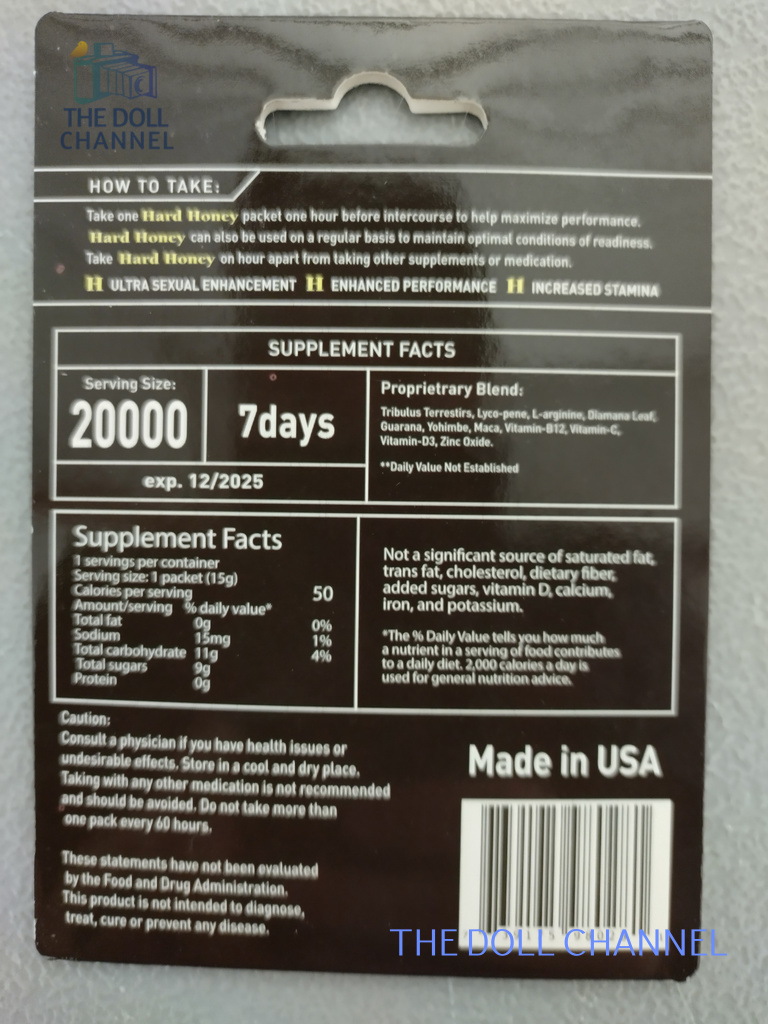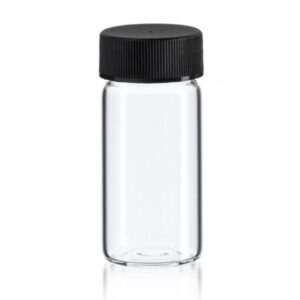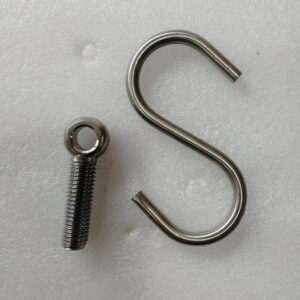This is a one packet every 7 days supplement.
Never take more than one pack in any 60 hour time period.
Please drink at least 16 fluid ounces of water immediately after eating this small amount of gel contained in the packet to avoid headaches.
See description below for list of ingredients!
Ingredients:
Tribulus Terrestirs:
Tribulus has been known to interact with certain medications. Do not take if you are taking heart and blood pressure medicines. such as:
- Beta-blockers
- Digoxin
- Calcium channel blockers
- Diuretics
- ACE inhibitors
- Nitrates
If you are taking diabetes medications, tribulus might decrease your blood sugars to dangerously low levels. It may also increase the effect that steroids have on your body.
Lyco-pene:
Lycopene is a type of organic pigment called a carotenoid. It is related to beta-carotene and gives some vegetables and fruits (e.g., tomatoes) a red color.
Lycopene is a powerful antioxidant that might help protect cells from damage. It’s found in tomato, watermelon, red orange, pink grapefruit, apricot, rose hip, and guava.
Lycopene is used for high blood pressure, high cholesterol, cancer, and many other conditions, but there is no good scientific evidence to support most of these uses.
L-Arginine:
L-arginine is an amino acid naturally found in red meat, poultry, fish, and dairy. It is necessary for making proteins and is commonly used for circulation.
L-arginine is converted in the body into a chemical called nitric oxide. Nitric oxide causes blood vessels to open wider for improved blood flow. L-arginine also stimulates the release of growth hormone, insulin, and other substances in the body. It can be made in a lab and used in supplements.
People use L-arginine for chest pain and various blow flow issues, and erectile dysfunction.
Diamana Leaf:
Damiana is a wild shrub that grows in Mexico, Central America, and the West Indies. The leaf and stem are used to make medicine.
People use damiana for a slight “high” when inhaled, as an aphrodisiac, to treat stomach complaints, and for other conditions, but there is no good scientific evidence to support its use
Guarana:
Why do people take guarana?
Researchers once believed that the active ingredient of guarana was a chemical specific to the plant — guaranine. But they later discovered that it was just caffeine. Guarana has among the highest concentrations of caffeine in any plant. It may contain up to 3.6% to 5.8% caffeine by weight. Coffee only has up to 2%.
Coffee and other caffeinated beverages seem to increase alertness when consumed throughout the day. Caffeine can improve mental performance and alertness in sleep-deprived people, and guarana would logically have the same effect.
Experts have not studied guarana extensively. So far, studies have not found that guarana is helpful for improving cognitive ability or mood. Some people use guarana to boost athletic or sexual performance. But there’s no evidence to back this up.
There’s some evidence that guarana – when used along with other supplements – may promote weight loss. It’s uncertain if the guarana specifically was responsible. Because caffeine is a stimulant that has been shown to improve mood and aid weight loss, guarana may very well also have these effects. As a weight loss supplement, caffeine may work best when combined with the polyphenol compounds in green tea. Combining guarana with polyphenols may have a similar effect. The safety of using guarana for weight loss is unknown.
Some believe that the effects of guarana are less intense and longer-lasting than caffeine. Studies have not established this.
Yohimbe:
Yohimbe (Pausinystalia yohimbe) is an evergreen tree native to Africa. Its bark contains the chemical yohimbine, traditionally used as an aphrodisiac.
The yohimbine in yohimbe can increase blood flow and nerve impulses to the penis or vagina. It can also help counteract the sexual side effects of certain medications (SSRIs) used for depression (Such as Zoloft, Prozac, Lexapro).
People most commonly use yohimbe for sexual problems. It is also used to boost mood, for athletic performance, and other purposes, but there is no good scientific evidence to support these uses.
Maca:
Maca, also called Ginseng Andin, Peruvian Ginseng, Lepidium meyenii, or Lepidium peruvianum, is a relative of radish and smells similar to butterscotch.
Maca is a plant that grows on the high plateaus of the Andes Mountains. It’s been cultivated as a root vegetable for at least 3000 years. The root is also used to make medicine, but there isn’t enough reliable information available to know how maca might work.
People take maca by mouth for male infertility, health problems after menopause, increasing sexual desire in healthy people, and other purposes, but there is no good scientific evidence to support any of these uses.
Vitamin B12:
Vitamin B12 is an essential vitamin found in foods such as meat, fish, and dairy. It can also be made in a lab and is often taken with other B vitamins.
Vitamin B12 is required for the function and development of many parts of the body, including the brain, nerves, and blood cells. Methylcobalamin is the active form of vitamin B12. Cyanocobalamin, which must be processed by the body into the active form, is the most common type used in supplements.
People commonly use vitamin B12 for vitamin B12 deficiency, cyanide poisoning, and high levels of homocysteine in the blood. It is also used for canker sores, cataracts, Alzheimer disease, osteoporosis, fatigue, and many other conditions, but there is no good scientific evidence to support most of these other uses.
Vitamin C:
Vitamin C is one of the safest and most effective nutrients, experts say. Though it may not be the cure for the common cold, the benefits of vitamin C may include protection against immune system deficiencies, cardiovascular disease, prenatal health problems, eye disease, and even skin wrinkling. The tolerable upper intake level (or the maximum amount you can take in a day that likely won’t cause harm) is 2000 mg a day for adults.
A recent study published in Seminars in Preventive and Alternative Medicine that looked at over 100 studies over 10 years revealed a growing list of possible benefits of vitamin C.
“Vitamin C has received a great deal of attention, and with good reason. Higher blood levels of vitamin C may be the ideal nutrition marker for overall health,” says study researcher Mark Moyad, MD, MPH, of the University of Michigan. “The more we study vitamin C, the better our understanding of how diverse it is in protecting our health, from cardiovascular, cancer, stroke, eye health [and] immunity to living longer.”
Calcium:
Calcium is an essential nutrient found in many foods, such as dairy products. The bones and teeth contain over 99% of all calcium in the human body.
Bones are always breaking down and rebuilding. Calcium is needed for this process, but the concentration of calcium in the body tends to decline with age. Taking extra calcium helps the bones rebuild and stay strong. The heart, nerves, and blood-clotting systems also need calcium.
People commonly take calcium by mouth for the treatment and prevention of low calcium levels, muscle cramps, osteoporosis, softening of the bones, and PMS. It is also used for high blood pressure, cancer, stroke, and many other conditions, but there is no good scientific evidence to support many of these other uses.
In the US and Canada, foods that contain calcium and vitamin D are allowed to state that they might reduce the risk of osteoporosis.
Vitamin D3:
Vitamin D (ergocalciferol-D2, cholecalciferol-D3, alfacalcidol) is a fat-soluble vitamin that helps your body absorb calcium and phosphorus. Having the right amount of vitamin D, calcium, and phosphorus is important for building and keeping strong bones. Vitamin D is used to treat and prevent bone disorders (such as rickets, osteomalacia). Vitamin D is made by the body when skin is exposed to sunlight. Sunscreen, protective clothing, limited exposure to sunlight, dark skin, and age may prevent getting enough vitamin D from the sun.Vitamin D with calcium is used to treat or prevent bone loss (osteoporosis). Vitamin D is also used with other medications to treat low levels of calcium or phosphate caused by certain disorders (such as hypoparathyroidism, pseudohypoparathyroidism, familial hypophosphatemia). It may be used in kidney disease to keep calcium levels normal and allow normal bone growth.
Zinc Oxide:
Used to treat or prevent vitamin deficiency due to poor diet, certain illnesses, or during pregnancy. Vitamins are important building blocks of the body and help keep you in good health.
*All medication descriptions taken from webmd website







What others are saying
There are no contributions yet.